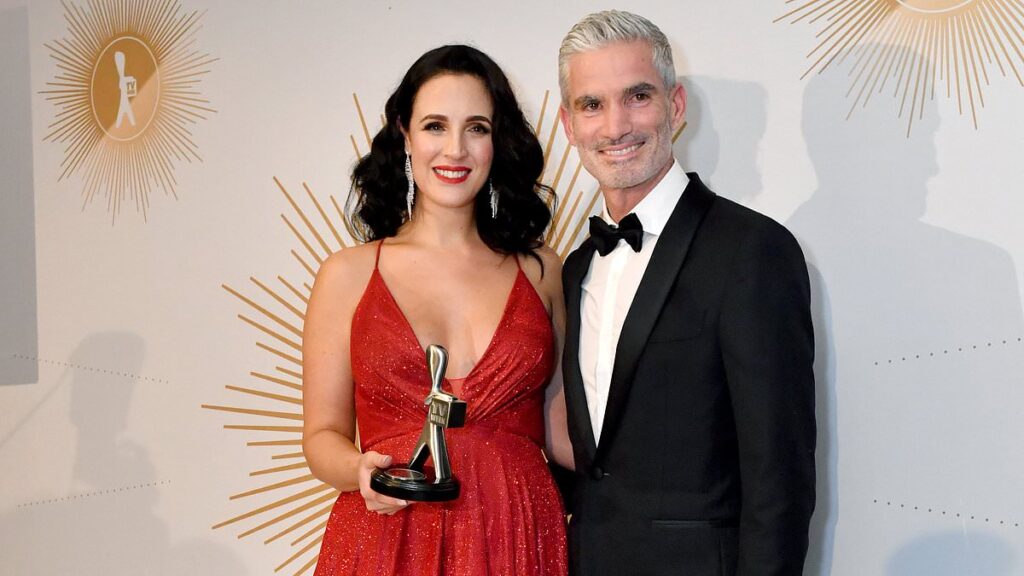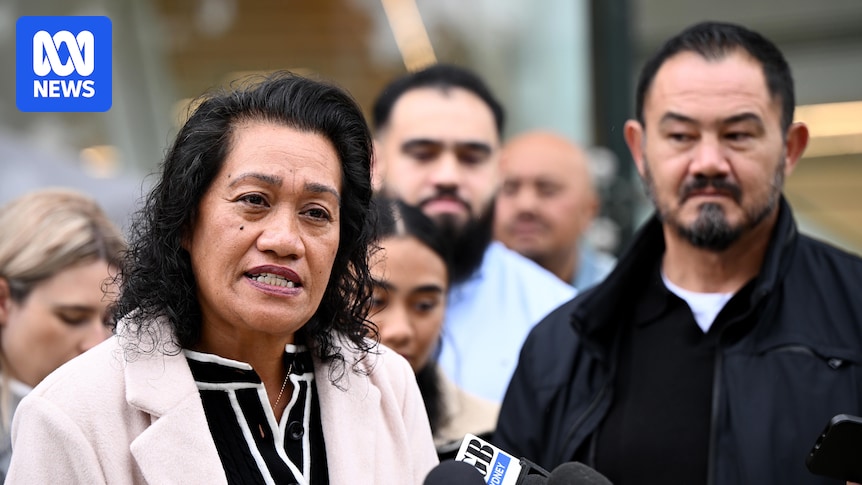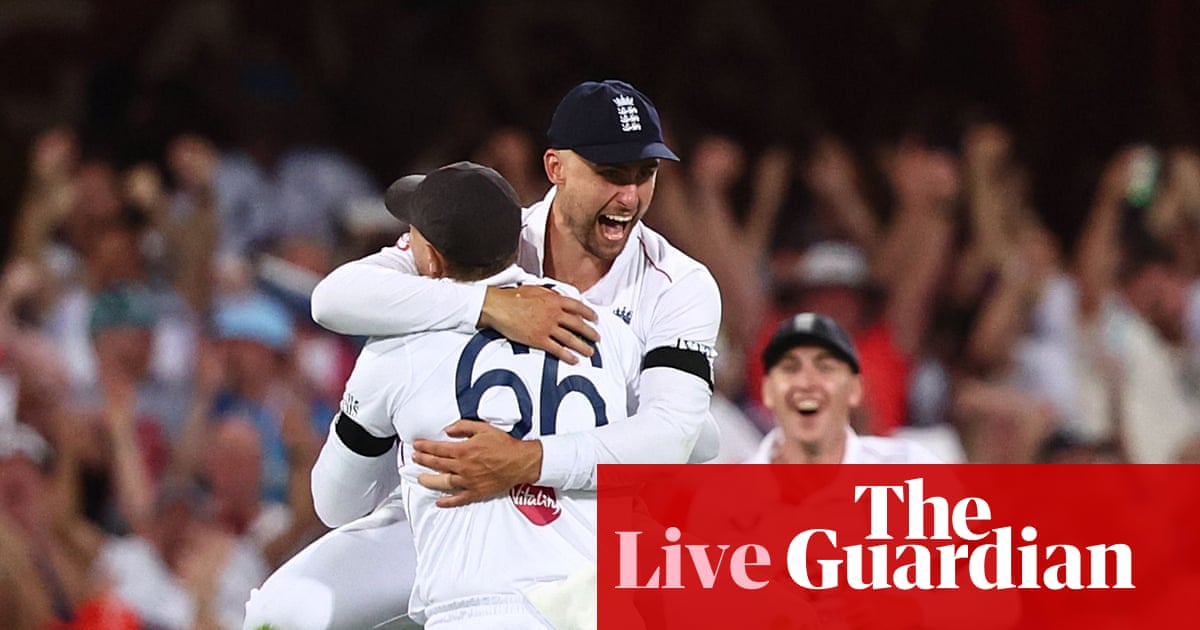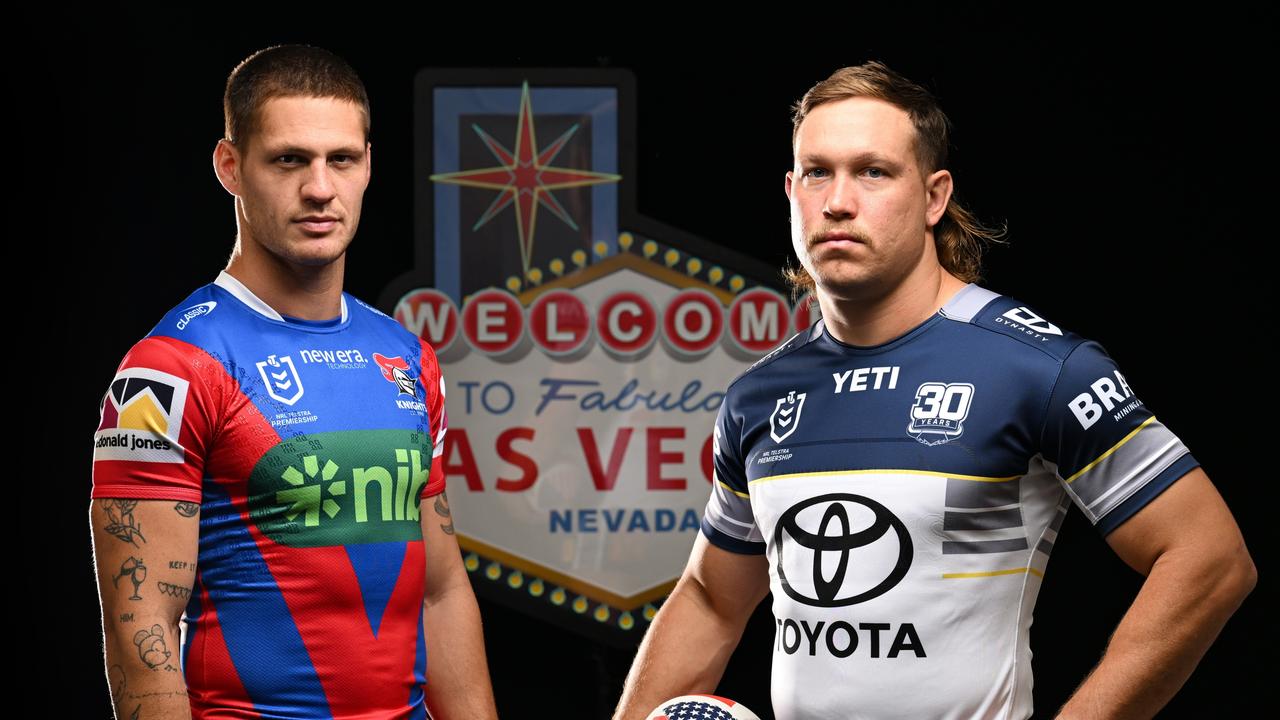
Radio personality and former soccer commentator Lucy Zelic has launched a fierce critique of Peter FitzSimons following his recent newspaper column concerning transgender athletes competing in women’s sports. Zelic’s response, which she shared on social media, also drew FitzSimons’ wife, Lisa Wilkinson, into the heated debate.
FitzSimons, a former rugby player turned columnist, had described the media coverage of transgender athletes as “hate-bait,” a toxic form of clickbait. He criticized those opposing trans athletes’ participation in women’s sports for not considering the impact of their stance on the athletes involved. “We need to call out this kind of stuff for what it is,” he wrote. “It is not a genuine attempt to achieve fairness in sport put out by people who have a genuine track record of earnestly examining that very thing. It’s just hate-bait, no more, no less, put out by people whose job in life is to stir up big trouble way above and beyond what the actual problem is.”
Zelic’s Response and Critique
In her response, Zelic accused FitzSimons of presenting a “one-sided picture” that attracts negative reactions from all sides. She argued that his stance ignores the threats and insults faced by women who believe in protecting female sports categories. “According to you, we’re all just a bunch of ‘bastards’ laughing maniacally over a glass of pinot and whipping up hatred for clicks and votes. Is this what you’ve reduced women to?” Zelic questioned.
Zelic also referenced FitzSimons’ wife, Lisa Wilkinson, highlighting her achievements and questioning FitzSimons’ apparent double standards. “Your wife certainly never kowtowed to men consumed by their own arrogance but the application of your double-standards to women who are experiencing similar, is quite astounding,” she wrote.
Physical Mismatches and Sporting Fairness
Zelic further illustrated her point by drawing on FitzSimons’ own sporting background. She compared the physical mismatches in sports to FitzSimons’ time as a Wallabies forward, suggesting that if he had charged at women’s rugby star Charlotte Caslick in his prime, “she’d be lucky to avoid a hospital visit.”
The commentator has been an outspoken opponent of trans women competing against biological women in sports, a stance that has seen her campaign against Sydney’s Flying Bats women’s soccer team, which fields trans players. This team has also been criticized by notable figures such as Harry Potter author JK Rowling.
Support and Wider Debate
Zelic’s comments have garnered support from figures such as Liberal MP Moira Deeming and British Olympic swimming star Sharron Davies, who praised her post as an “excellent rebuttal made with logic & facts.”
The debate over transgender athletes in sports is not new and continues to evoke strong opinions. Recent headlines have also focused on two transgender netball players banned from a Victorian competition, one of whom, Manawa Aranui, expressed her frustration over being publicly dragged into the debate. “You’re entitled to believe it’s ‘unfair’ for cis women to compete against transgender women. That’s your opinion. But the lies? They need to stop,” Aranui stated.
Guidelines and Legal Framework
The Australian Sports Commission (ASC) guidelines emphasize the importance of inclusivity in sports, aligning with the Sex Discrimination Act, which prohibits discrimination based on sex or gender identity. “All Australians should have the opportunity to be involved in sport and physical activity, regardless of their gender, sexual orientation, ability, cultural background or ethnicity,” the guidelines state.
These guidelines urge sporting bodies to reflect community diversity and ensure all individuals are treated with respect and dignity, free from discrimination. However, the application of these principles in competitive sports remains a contentious issue, with strong arguments on both sides.
Looking Forward
The discussion around transgender athletes in sports is likely to continue as society grapples with balancing inclusivity and fairness. As public figures like Zelic and FitzSimons engage in these debates, the conversation remains a critical reflection of broader societal values and the ongoing evolution of sports policies.
As the debate unfolds, it is clear that the conversation about transgender athletes in sports is far from over. The implications for sports, athletes, and society at large will continue to be examined, with voices from all sides contributing to the dialogue.





